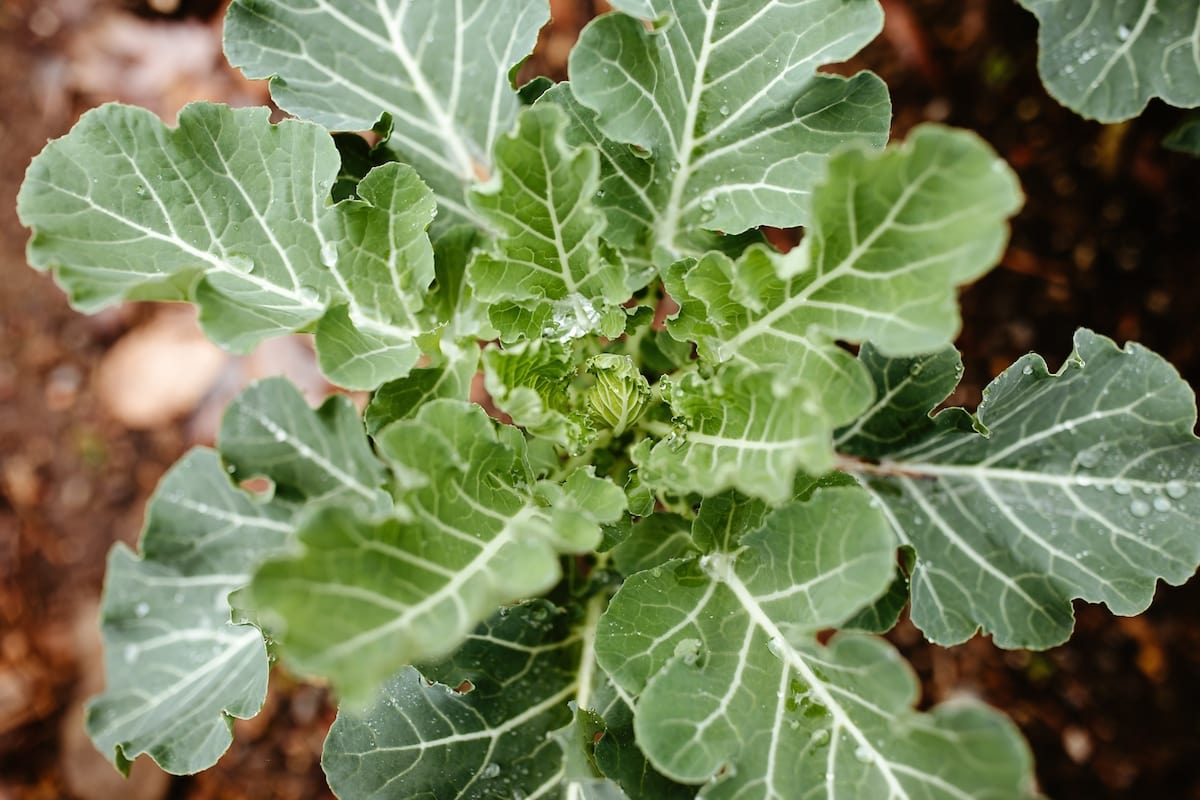
The COVID-19 pandemic has brought new challenges—and highlighted existing systemic issues—within our communities. As a community-based organization with a dedication to connecting people, history, and culture, Atlanta History Center is committed to showing up and serving the city of Atlanta with the resources we have available.
Over these past few months, we engaged in a unique partnership with Concrete Jungle, a volunteer-run, Atlanta-based organization that helps distribute fresh produce to local residents experiencing food insecurity. With the support of the History Center, our Director of Urban Agriculture Emily Roberts converted the field garden at Smith Farm from growing nonedible plants for educational purposes to growing turnips, okra, beans, summer squash, tomatoes, sweet potatoes, corn, watermelon, and winter squash.
Alongside other produce from the kitchen garden and the enslaved people’s garden, we are donating the crop yields to Concrete Jungle as they work to alleviate hunger in the Atlanta area.
Thus far, we donated over 900 pounds of food and have no plans of stopping. “I have and will continue to contribute to this amazing program,” said Emily Roberts. “The whole time I’ve tried to keep the attitude that I am contributing a small amount to something larger, and that if we all did what we could, we could carry each other through the difficult times. This has given me hope and resolve during the pandemic.”
Smith Farm Kitchen Garden
Smith Farm is home to several garden plots cultivated to introduce and immerse our visitors in the culture of agriculture, specifically that of the American South in the mid-1800s. It is the centerpiece of some of our educational initiatives and programming, including our school tour about Georgia farm life. The farm features the field garden, a portion of land that usually supports the growth of sorghum and cotton, as well as the kitchen garden, and the enslaved people’s garden.
The story of this farm would be incomplete without acknowledgement and analysis of its connection to enslavement. The forced labor of enslaved African Americans underpinned the original farm’s upkeep and economic success. Built in DeKalb County in the 1840s for the family of Robert H. and Elizabeth Smith, Atlanta’s oldest surviving farmhouse was surrounded by approximately 800 hundred acres. The house and land were maintained by between 11 to 19 enslaved individuals from the time of its construction to emancipation. The presence of the enslaved people’s cabin and garden among our living collections is meant to educate our visitors about the violent legacy of slavery in the South and the resilience and resistance of those who were forced to experience it.
Today, Smith Farm crops fulfill a civic need as Goizueta Gardens staff work to produce food for Concrete Jungle and the Atlanta community. “As a history center, we try to make sense of complex topics and think about how history affects our lives today. It’s therefore essential to study the long-lasting effects of enslavement, segregation, and racism, and Smith Farm is one of the spaces we use to do that,” says Sheffield Hale, CEO of Atlanta History Center. “On a functional level, it’s also a working farm in an urban space, with less than one-fifth of an acre for vegetable production. We know that food insecurity is particularly acute in urban areas with majority Black populations, a condition made worse by health and economic disparities experienced by Black communities that COVID-19 has exacerbated. These are multifaceted problems with causes that can be traced back, in many ways, to legal segregation and enslavement.”
We thought: what better way to make use of this landscape to do our part for our community during this time of need?
As we continue to pursue our mission of connecting today’s history makers (that includes you!) to the history that influences and impacts the world, Atlanta History Center seeks to expand the reach of our efforts. Atlanta is not just our base of operations—it is our home. While recording and exploring its history, we feel that we have an obligation to learn from it and help it grow for the future.
We are always working toward being a more inclusive institution by creating a welcoming environment of mutual respect, embracing the inherent value in exploring the stories of all our region’s residents, and interpreting history from multiple perspectives. Collaborating with external partners such as Concrete Jungle is a vital part of reaching these goals. We want to create aspirational, actionable, and scalable programs and projects wherever we can.